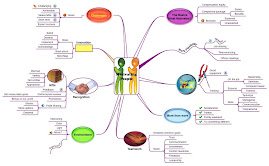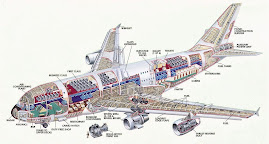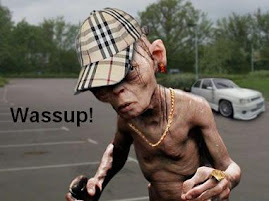Different types of learning disabilitites - So you are one of the KIND
--------------------------------------------------------------------
Famous People with Learning Disabilities – Success Despite the Struggle
There are many famous people with learning disabilities. In fact, the list of people who have succeeded in life despite their learning struggles is quite extensive. Here's a brief snapshot:
Scientists: Galileo, Louis Pasteur, Albert Einstein, Thomas Edison, and Alexander Graham Bell.
Actors: George C. Scott, George Burns, Steve McQueen, and Sylvester Stallone.
Authors: Hans Christian Anderson, George Bernard Shaw, and F. Scott Fitzgerald.
Musicians: Mozart, Beethoven, John Lennon, and Cher.
Athletes: "Magic" Johnson, Bruce Jenner, Carl Lewis, and Nolan Ryan.
Politicians: John F. Kennedy, Nelson Rockefeller, Dwight Eisenhower, and Woodrow Wilson.
Military leaders: General Patton and General Westmoreland.
Famous People with Learning Disabilities – A Cross Section of General SocietyFamous people with learning disabilities reflect the general makeup of society. According to the National Institutes of Health, approximately 15% of the U.S. population has some type of learning disability. Of this population segment, cognitive difficulties underlying basic reading and language skills are the most common problems. In fact, like the general population, as many as 80% of famous people with learning disabilities primarily struggle with reading.
- Show quoted text -
On Sat, May 31, 2008 at 9:38 AM, Ban Seng CHEW <bschew@gmail.com> wrote:
Some Types of Learning Disabilities – The First Step is Understanding Some types of learning disabilities can be "treated" through proper testing and training. The key is to identify the specific cognitive weaknesses causing the "disorder" and strengthen those cognitive skills through dynamic, one-on-one training and practice. For the parent, the first step is to understand the types of learning disabilities that may be affecting your child.
Some Types of Learning Disabilities – General Processing Issues Some types of learning disabilities are categorized by the cognitive processing problem. This means your child may have issues with one of the following:
Attention – The ability to stay on task in a sustained, selective, or divided way. Working Memory – The ability to retain and process information for short time periods. Processing Speed – The rate at which the brain handles information. Long-Term Memory – The ability to both store and recall information for later use. Visual Processing – The ability to perceive, analyze, and think in visual images. Auditory Processing – The ability to perceive and conceptualize what is heard. Logic and Reasoning – The ability to reason, prioritize, and plan.If there are significant dysfunctions in any of these seven cognitive processes, then your child probably has some type of learning disability. For instance, if "working memory" is deficient, your child may have a problem remembering instructions. If "auditory processing" is deficient, your child may have difficulty with reading and spelling. If "visual processing" is poor, your child may experience issues with reading maps, word math problems, and comprehension. If "logic and reasoning" are weak, difficulties may arise in problem solving, working with abstractions, or interpreting information. If the issue is poor "long-term memory," it may be difficult for your child to recall dates, names, and facts on tests. Of course, some children may experience problems in more than one process category.
Some Types of Learning Disabilities – Specific Learning DisordersIn addition to the cognitive processing categories, some types of learning disabilities are more specifically defined by education-based labels such as reading, writing, language, and math. These more specified types of learning disabilities are categorized as follows:Dyslexia – A reading disability (the student has trouble reading written words fluently, out loud).
Dysgraphia – A writing disability (the student has difficulty with forming letters and legibility).
Dyscalculia – A math disability (the student struggles with math problems and concepts).
Dyspraxia – A motor coordination disability (also known as Sensory Integration Disorder).
Dysphasia – A language disability (the student has difficulty with reading comprehension).
Aphasia – A language disability (the student has difficulty understanding spoken language).
Central Auditory Processing Disorder – A sensory disability related to processing sounds.
Visual Processing Disorder – A sensory disability related to processing images.
Non-Verbal Learning Disorder – A visual-spatial disability related to body control.
http://www.learningrx.com/--
Subscribe to:
Post Comments (Atom)












































No comments:
Post a Comment